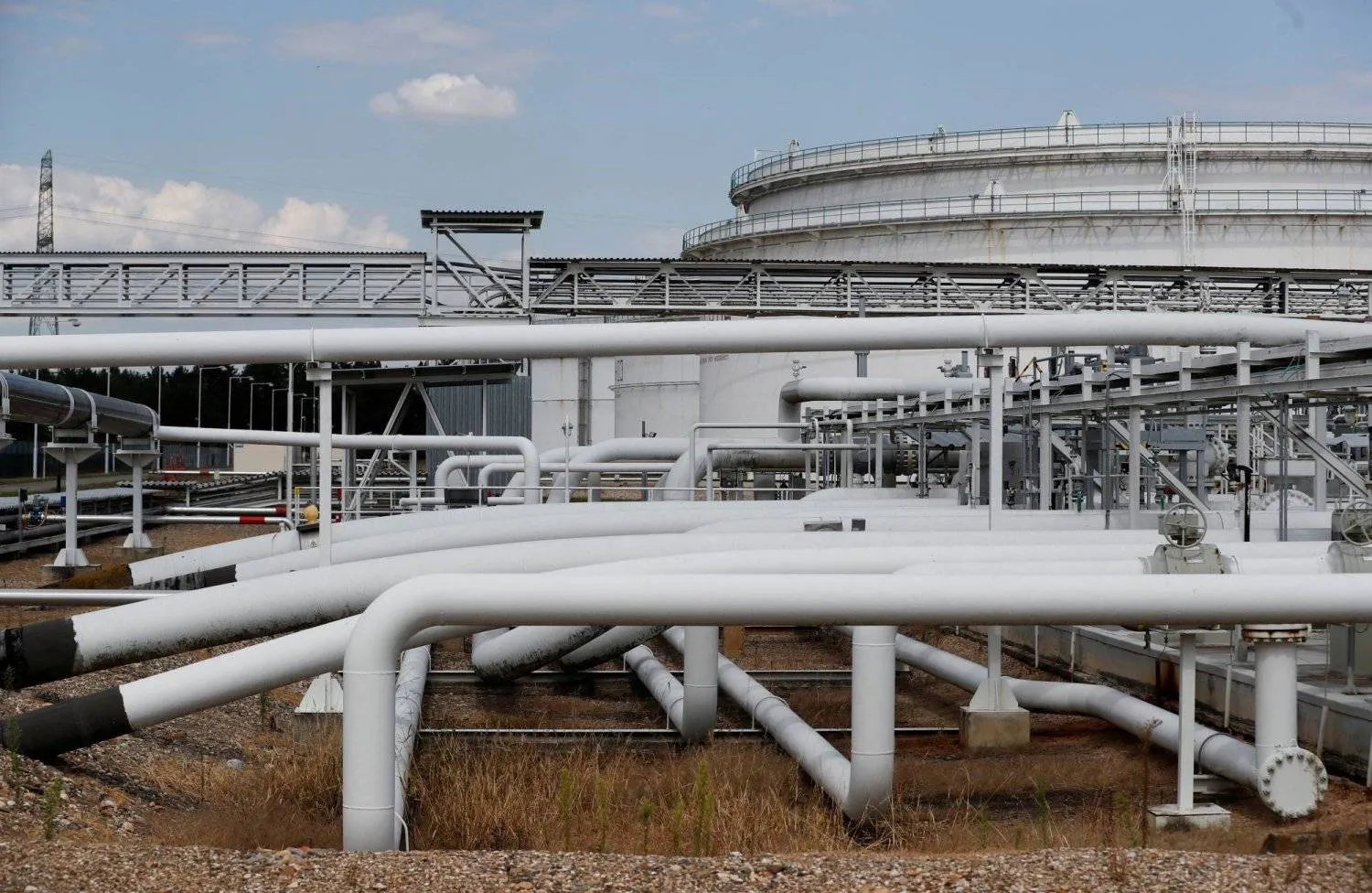A top aide to Ukrainian President Volodymyr Zelensky on Friday said Kyiv would halt the transit of Russian oil across its territory at the end of the year, when the current contract expires and is not renewed.
Mykhailo Podolyak said in an interview with the Novini.Live broadcaster that current transit contracts for Russian supplies that run through the end of the year will not be renewed.
“There is no doubt that it will all end on January 1, 2025,” he said.
Kiev says it is prepared to transport gas from the Central Asian countries or Azerbaijan to Europe, but not from Russia, as it is crucial for Ukraine to deprive Russia of its sources of income from the sale of raw materials after it attacked its neighbor well over two years ago.
The contract for the transit of Russian gas through Ukraine to Europe between the state-owned companies Gazprom and Naftogaz ends on December 31.
Despite the launch of Russia's full-scale invasion of Ukraine in February 2022, the Ukrainians have fulfilled the contract terms - in part at the insistence of its European neighbors, especially Hungary.
But the leadership in Kiev has repeatedly made it clear that it wants the shipments to end.
Meanwhile, the Czech Republic energy security envoy Vaclav Bartuska said on Friday that any potential halt in oil supplies via the Druzhba pipeline through Ukraine from Russia from next year would not be a problem for the country.
Responding to a Reuters question – on comments by Ukrainian presidential aide Mykhailo Podolyak that flows of Russian oil may stop from January – Bartuska said Ukraine had also in the past warned of a potential halt.
“This is not the first time, this time maybe they mean it seriously – we shall see,” Bartuska said in a text message. “For the Czech Republic, it is not a problem.”
To end partial dependency on the Druzhba pipeline, Czech state-owned pipeline operator MERO has been investing in raising the capacity of the TAL pipeline from Italy to Germany, which connects to the IKL pipeline supplying the Czech Republic.
From next year, the increased capacity would be sufficient for the total needs of the country’s two refineries, owned by Poland’s Orlen, of up to 8 million tons of crude per year.
MERO has said it planned to achieve the country’s independence from Russian oil from the start of 2025, although the TAL upgrade would be finished by June 2025.
On Friday, oil prices stabilized, heading for a weekly increase, as disruptions in Libyan production and Iraq’s plans to curb output raised concerns about supply.
Meanwhile, data showing that the US economy grew faster than initially estimated eased recession fears.
However, signs of weakening demand, particularly in China, capped gains.
Brent crude futures for October delivery, which expire on Friday, fell by 7 cents, or 0.09%, to $79.87 per barrel. The more actively traded November contract rose 5 cents, or 0.06%, to $78.87.
US West Texas Intermediate (WTI) crude futures added 6 cents, or 0.08%, to $75.97 per barrel.
The day before, both benchmarks had risen by more than $1, and so far this week, they have gained 1.1% and 1.6%, respectively.
Additionally, a drop in Libyan exports and the prospect of lower Iraqi crude production in September are expected to help keep the oil market undersupplied.
Over half of Libya’s oil production, around 700,000 barrels per day (bpd), was halted on Thursday, and exports were suspended at several ports due to a standoff between rival political factions.
Elsewhere, Iraq plans to reduce oil output in September as part of a plan to compensate for producing over the quota agreed with the Organization of the Petroleum Exporting Countries and its allies, a source with direct knowledge of the matter told Reuters on Thursday.
Iraq, which produced 4.25 million bpd in July, will cut output to between 3.85 million and 3.9 million bpd next month, the source said.









